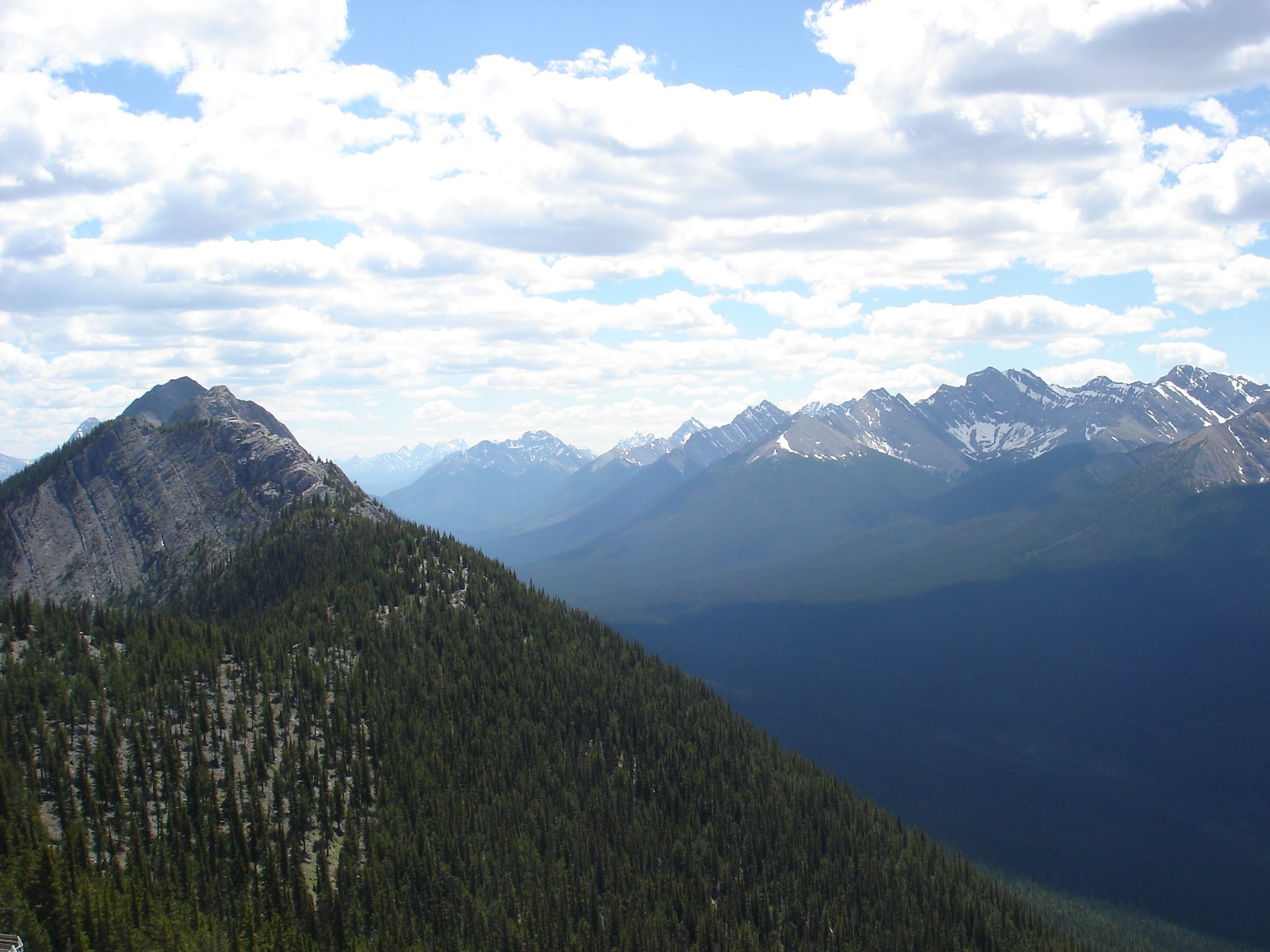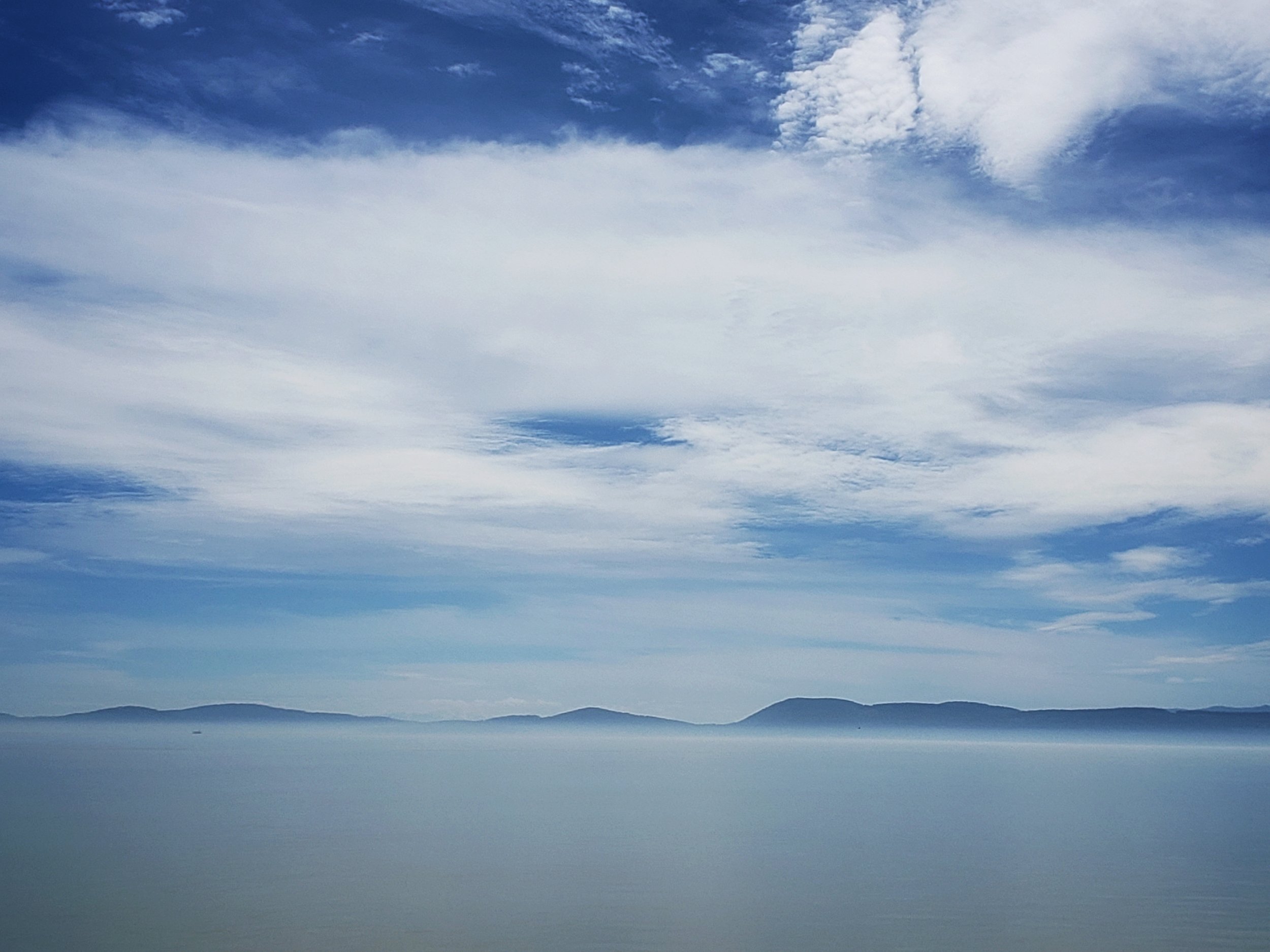Our Location
Wayfinder Wellness Centre is located on the ancestral, traditional and unceded territory of the q̓ic̓əy̓ (Katzie), Kʷikʷəƛ̓əm (Kwikwetlem), xʷməθkʷəy̓əm (Musqueam), Qiqéyt (Key-Kayt), Semiahmoo, Stó:lō (Sto:lo), sc̓əwaθenaɁɬ təməxʷ (Tsawwassen), and səlilwətaɬ (Tsleil-Waututh) Nations.
Why Acknowledge Indigenous Territories?
Acknowledging territories, for many Indigenous Peoples, is a long-standing and respectful practice. There are over 200 distinct First Nations in BC, with over 30 different languages and almost 60 dialects. There is a unique history of Indigenous Peoples in Canada and importance to acknowledging their culture and history in particular. It does not mean suffering, traumas, racism, discrimination and other hardships experienced by other cultural groups don’t matter or are “less than”. The past and current situation with Indigenous People is different and has unique significance in Canada as well as within health care and helping professions.
Is this all just a bit of empty virtue signaling to make people feel better yet not actually commit to anything of substance?
This is a common criticism. Let’s go into some of the history and reasoning why, at least for us at Wayfinder Wellness Centre, we think it’s a lot more than “virtue-signaling”. In the history of Canada, as many people already know, Europeans arrived, migrated west across the land, and set up colonies. As these colonies were set up, tensions ensued with the people who were already here: Indigenous Peoples. This led to attempts by settlers and the government to eradicate Indigenous peoples' languages, their cultural practices and them as a people. A notable example of just one of these acts of genocide was the Residential School system, which included unethical malnutrition experiments that happened at these locations. Another example is the legacy of Indian Hospitals.
So then, what is reconciliation?
Reconciliation is something that all Canadians and all people who live in Canada have responsibility for. It is about working towards relationships with mutual understanding and respect given what has happened in the past and how it has shaped the present systems of property, healthcare, schooling, etc. It is about how do we want to treat each other, what kinds of relationships and communities do we want to have with each other.
An important step in reconciliation is to acknowledge the atrocities that happened, and unfortunately, the acts that continue to this day. It is also important to understand the ideas and structures that have led to these events. Land acknowledgements are one of the efforts to counteract those previous attempts at erasure of Indigenous Peoples. They also help keep our complicated history at the forefront of our minds when we think about how to move forward with this complexity as well as our duty to care for this land and these resources for our future. While some settlers may argue that they, nor their family members, were involved in these acts of erasure with Indigenous Peoples, there are lasting impacts from them, such as the ability to purchase land to own a home, use of different resources (e.g. gas, lumber), being able to start a business or work here. Colonialism is not just a historical issue- it is something that continues today.
The special responsibility of healthcare and helping professionals
Healthcare and helping professionals in particular have a special duty in reconciliation, particularly because there is a long and ongoing history of racism and discrimination in health care- one that unfortunately continues to this day. Consistent with the Truth and Reconciliation Commission’s Calls to Action, and the UN Declaration on the Rights of Indigenous Peoples, we at Wayfinder Wellness Centre are devoted to inclusion, respect for autonomy, equity and non-discrimination of Indigenous Peoples. When we do this for Indigenous Peoples, we do this for ALL.
The q̓ic̓əy̓ (Katzie), Kʷikʷəƛ̓əm (Kwikwetlem), xʷməθkʷəy̓əm (Musqueam), Qiqéyt (Key-Kayt), Semiahmoo, Stó:lō (Sto:lo), sc̓əwaθenaɁɬ təməxʷ (Tsawwassen), and səlilwətaɬ (Tsleil-Waututh) Nations lived and worked here before us and keep living and working here now- just as as we also live and work here.
Reach out.
Talk to us further about your concerns, including questions about our commitment to reconciliation.




